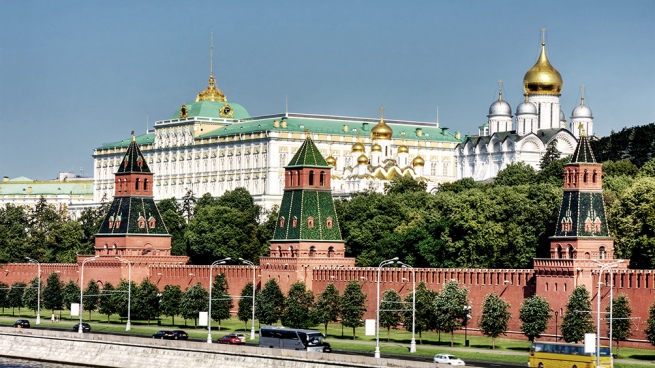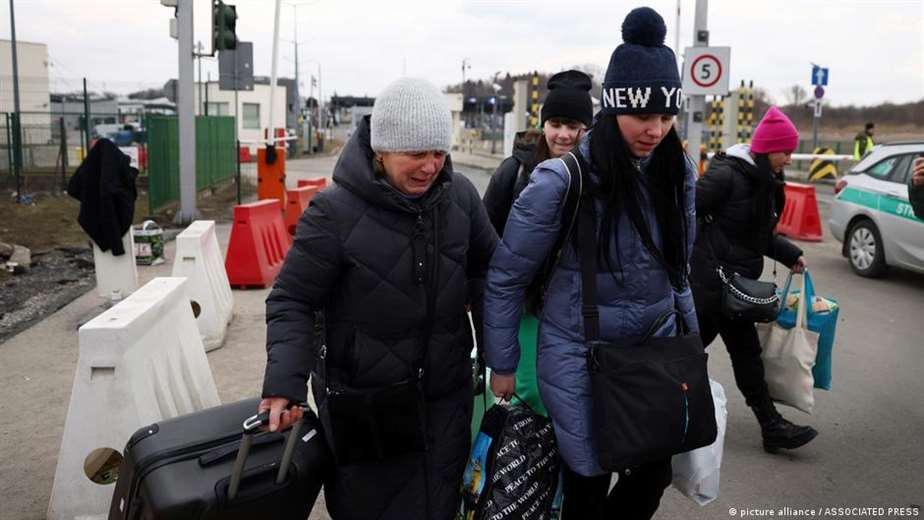The Kremlin defended this Saturday the necessary “firmness” of his law that punishes “fake news” about the Russian army with up to 15 years in prisonarguing that he faces a “information war” waged against Russia following the invasion in Ukraine.
“In the context of information warfare, it was necessary to adopt a law whose firmness was adapted to itwhich is what was done,” said the spokesman for the Russian presidency Dmitry Peskov quoted by the Sputnik news agency.
Its approval on Friday at full speed by the Russian Congress and its signature by President Vladimir Putin, also carried out in record time, were “necessary and urgent”, he insisted the day after the regulations came into force.
“In the context of information warfare, it was necessary to adopt a law whose firmness was adapted to it, which is what was done”Dmitry Peskov
After its adoption, Russian and foreign media announced the suspension of its activities in Russia. One of them was the British network BBC, which made the decision in the face of “legislation that seems to criminalize independent journalism.”
“It leaves us no choice but to temporarily suspend work,” said the entity’s director general, Tim Davie, in a statement, in which he argued that he did not want to “expose his journalists to the risk of being criminally prosecuted simply for doing their job.” .
“Our BBC news service in Russian will continue to operate from outside Russia,” he said in the text reproduced by the AFP news agency.
In the midst of a fierce information dispute in the framework of the Russian invasion of Ukraine, another law sanctioned this Friday penalizes those who ask for “sanctions against Russia”, just when the country faces great penalties from Western powers.
These initiatives were launched after the The European Union prohibited the dissemination of any content of the Russian media RT and Sputnik and Facebook disconnected Rossiya Segodnya, Sputnik’s parent company, from the social network.
The RT television channel was also blocked by Instagram and Facebook in 27 countries in Europeand before Google had decided to block YouTube channels linked to Russian media in Europe.
“It leaves us no choice but to temporarily suspend work. Our BBC Russian news service will continue to operate from outside Russia.”Tim Davie – BBC
This week, Twitter also decided to label some personal accounts of journalists who collaborate in the RT and Sputnik media with a legend that reads “media affiliated with the Government” under their name, a measure that according to the company “offers more context and transparency”, but which was harshly criticized for stigmatizing journalists.
The Russian response was immediate. The media regulation body, Roskomnadzor, announced that it limited access to the portals of the Russian edition of the BBC and the German international broadcaster Deutsche Welle.
The Meduza portal and Radio Svoboda, the Russian antenna of RFE/RL (Radio Free Europe/Radio Liberty), were also affected by this measure. media financed by the US Congress; to Voice of America, among others.
Roskomnadzor completely blocked access to Facebook on Friday, in response to the restriction of access to the national media, and later made the same decision with Twitter, in this case at the request of a prosecutor’s office.
“Soon millions of Russians are going to be cut off from reliable information, deprived of everyday ways to connect with family and friends, and silenced from speaking out,” Meta Global Affairs President Nick Clegg reacted.








